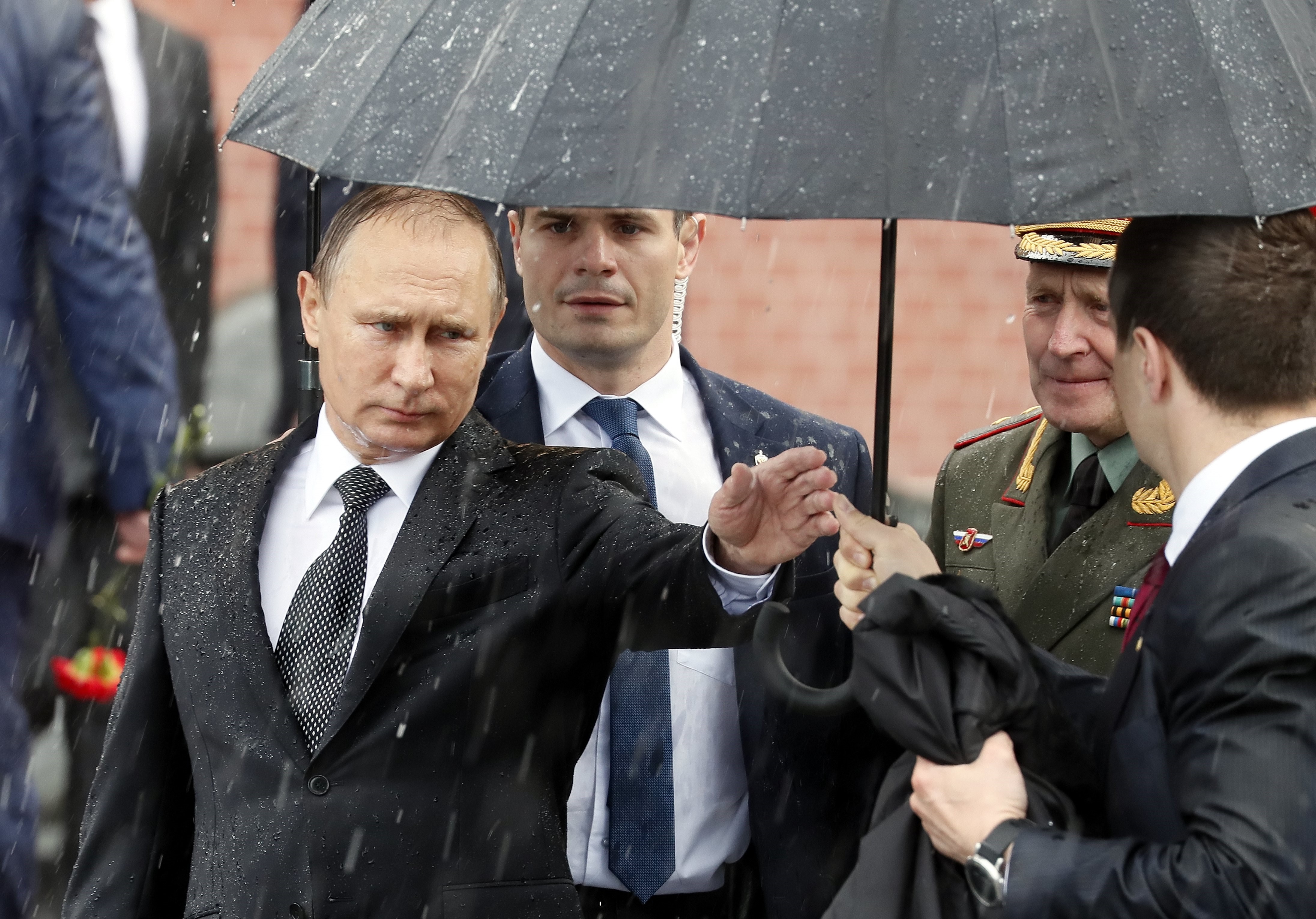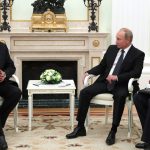RUSSIA MONITOR
Date: 4 July 2017
Assets owned by “Putinocrats”? It’s a secret.
Duma has passed, and President has promptly signed a new law that allows for classifying any information about the assets owned not only by top Russian officials and their families, but also by every person indicated by Vladimir Putin. This seems to be a reaction of the authorities to their image problems caused by the anti-corruption crusade of Alexei Navalny, who – to Kremlin’s surprise – is able to take thousands of demonstrators to the street.

Recent Navalny’s revelations about the assets owned by Dmitry Medvedev as well as earlier reports on the property owned by Putin, for example those of Boris Nemcov (murdered over two years ago), and in particular recent demonstrations had most likely an impact on the decision to give Federal Guard Service the right to classify information about the property owned by state officials, such as Putin and Medvedev. With less than a year before the elections, the President strives to minimize the risk of any incidents that may hamper his re-election. That is why on 1 July he signed a new law which allows top government officials to conceal information on their bank accounts and assets.
In fact, the new bill introduces a number of amendments to several federal laws on state security which govern the work of Federal Guard Service (FSO), the agency responsible for safety of the President, the Prime Minister and other key officials. One of the amendments contains a small but a significant clause: FSO should “protect personal data of all officials covered by state protection as well as personal data of their family members”. How are “personal data” defined then? Very broadly – pretty much everything may fall under the term. From the point of view of Russian law, personal data include all the information pertaining directly or indirectly to a person.
Who is covered by the new law? All those protected by FSO and their families. These include obligatorily: President Putin, Prime Minister Medvedev, Valentina Matviyenko – Chairman of the Federation Council, Vyacheslav Volodin – Chairman of the Duma, Valery Zorkin – Chairman of the Constitutional Court, Vyacheslav Levedev – President of the Supreme Court, Yury Chaika – Prosecutor General, and Alexandr Bastrykin – Chief of the Investigative Committee. FSO may also provide protection for members of the parliament, officials of federal agencies and – what is important – for any person indicated by the president. Based on this principle, FSO protects the head of Russian Orthodox Church – Patriarch Kirill. The full list of such persons remains unknown. It is confidential. Russian law does not define the notion of “family member”, which makes it possible to cover even very distant relations of state officials by the new law.
The draft law was submitted to the parliament last February by the President, but there was nothing controversial in it at the beginning. The amendments providing for a possibility to conceal financial data have been introduced only between the first and the second reading of the draft bill. They were proposed by Vasilij Piskarev – a deputy of the ruling party, the United Russia and the chief of the Committee for Security. It is worth to remember that Piskarev had been the deputy chief of Investigative Committee, headed by Bastrykin, who is covered by the new law.
All state officials are still obliged to publish financial data concerning their income and their assets. However, the recently adopted new law implies that upon FSO’s request any information about the President, the Prime Minister etc. may be excluded from all public registers.
All texts published by the Warsaw Institute Foundation may be disseminated on the condition that their origin is credited. Images may not be used without permission.










